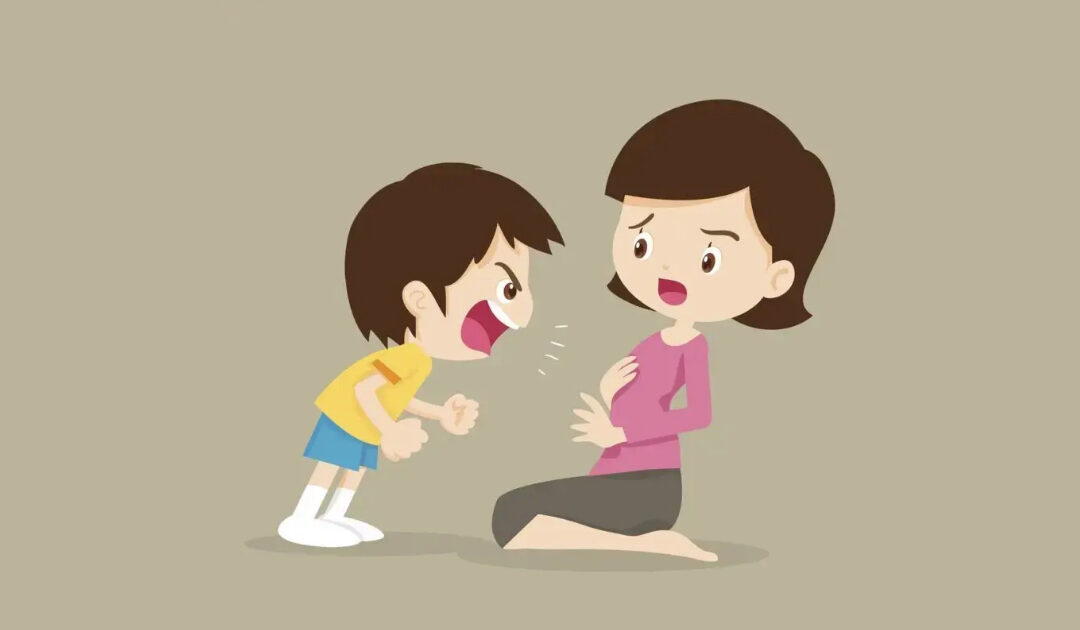Anger is an emotional response to the frustration of desires, a threat to one’s emotional and physical needs or a challenge. This is one of the basic emotions that is experienced by humans across all age groups in varying degrees. Childhood is one such stage of life where children can face this emotion having multifaceted effects. There are few identified causes of anger in children, firstly it can be genetic in nature, hostility and aggression may be rooted in variations in a serotonin receptor gene. Along with nature, there are various nurturing environments as well such as home environment, often the presence of dysfunction in the family; conflicts between parents; parenting styles; the relation of child with the parents, peers or their teachers; exposure to violence and aggression in the surrounding environment; emotional or sexual abuse of any kind (L.J. Levine, 1995). Disorders with behavioural features such as oppositional defiant disorder, conduct disorder, disruptive mood dysregulation disorder or attention deficit hyperactivity disorder may also be accompanied by uncontrollable anger (P.C. Kendall, 2000).
Anger management in children is extremely important as it can have long term effects on their development, as well as their personality. Certain things that parents can take care of include staying calm while facing a raging child and staying in control of their own emotions to become a model for the child; not giving in to their demands results in discontinuing raging behaviour. It is important for the parents to praise appropriate behaviour; helping the child to learn problem-solving skills can prove to be helpful during their aggressive outbursts; time outs for misbehaviour can work well with younger children; positive reinforcement in terms of points or token rewards also works well for maintaining appropriate behaviour. (R.J. Fetsch, C.J. Schultz, J.J. Wahler, 1999).
There are certain behavioural techniques suggested by therapists that can help get past the violence, the aggression of the child and relieve stress among parents improving the parent-child relationship. Certain therapies can teach parents techniques to manage the child’s behaviour more effectively. Parent-Child Interaction Therapy (PCIT) developed by Sheila Eyberg in the early 1970s is very helpful for children with a disruptive behavioural problems between the ages of 2-7 years, the process involves parents paying more attention to child’s positive behaviour, ignoring minor misbehaviour, provide consistent consequences for negative and aggressive behaviour with the guidance of a therapist (CB McNeil & TL Hembree-Kigin, 2010); Parent Management Training (PMT); Collaborative and Proactive Solutions (CPS) developed by Dr. Ross Greene, teaches children the skills they lack to respond to a situation in a more effective way than throwing a tantrum. (T.H. Ollendick, R.W. Greene, K.E. Austin, 2016).
Understanding the process of emotion regulation as depicted in the James Gross (2013; Gross & Thompson, 2007) model, can be very helpful in understanding the emotional experience of people. The model gives five key ways to alter a person’s emotional response – proper selection of situation, looking out for potential sources and triggers; situation medication to change its emotional impact; attentional deployment to lessen or heighten emotional responses; cognitive changes of interpretation of emotionally triggering events and judgement and individual’s capacity to cope with it and lastly response modulation of an emotional reaction after its generation.
Therefore, figuring out explosive behaviour, understanding the pattern of lashing out due to some underlying problem is of extreme significance as it may require treatment in many cases. As with most psychological, behavioural and emotional concerns, difficulty in regulating anger in children seeks greater benefits when help is sought earlier rather than later.
– Urveez Kakalia and Annesha Datta.

